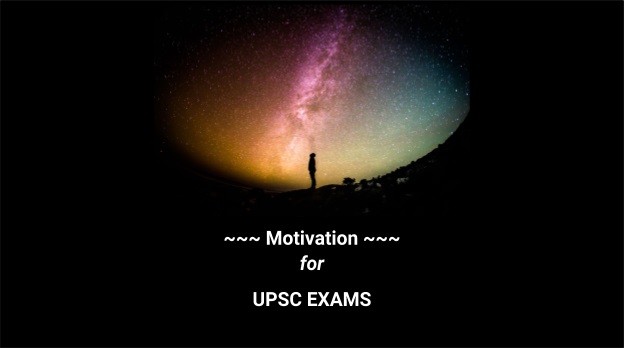
Motivation for UPSC EXAMS
Civil Services is the dream of many students. No wonder, there is a great competition for this examination, given the prestige and power linked to the profile of a civil servant. However, a large majority of students are struggling without any proper guidance. Thus, at UPSCPortal we have come up with an initiative to guide the aspirants, in their journey through the IAS, IPS exam.
We have started with a series called- Getting Started with Civil Services Examinations, to guide you in your preparations. Every other day, we would come up with motivational and informative articles, discussing the various aspects of the civil services examination, and the possible motivation & strategies, that a candidate might choose to get success.